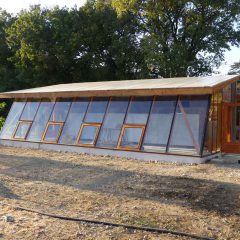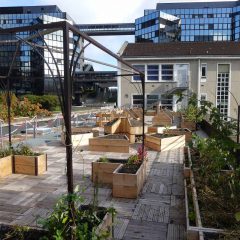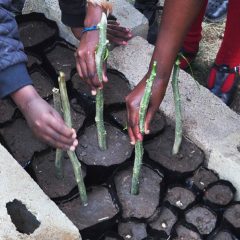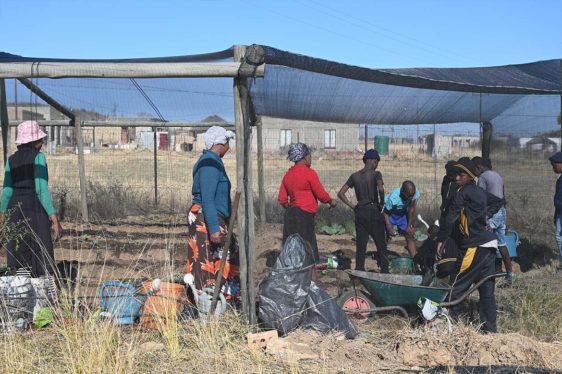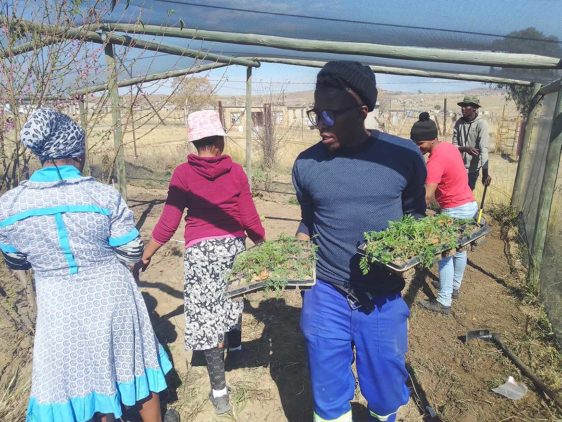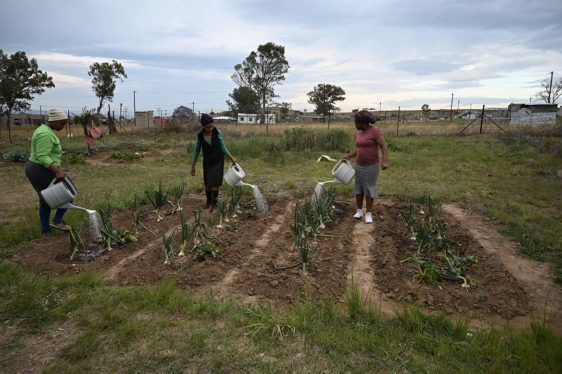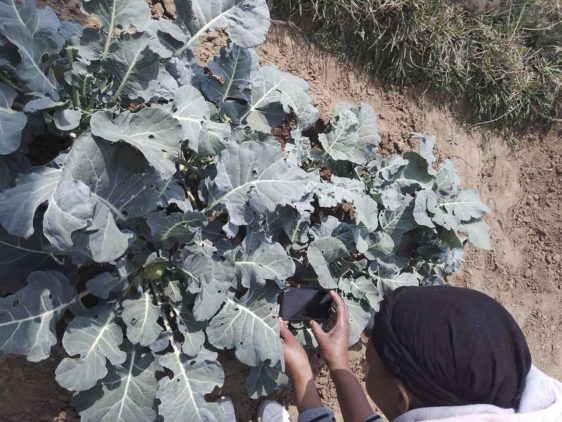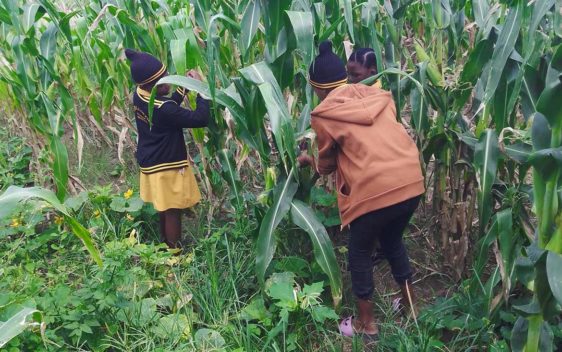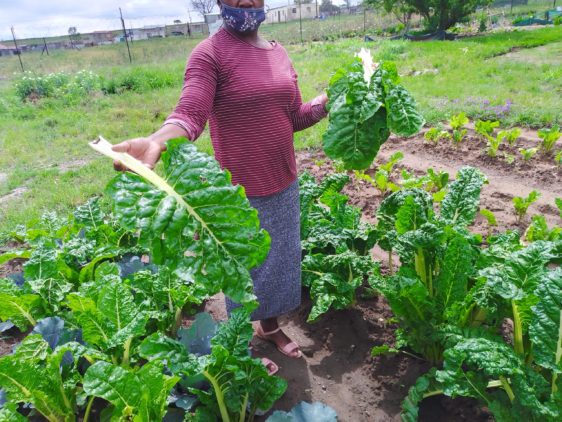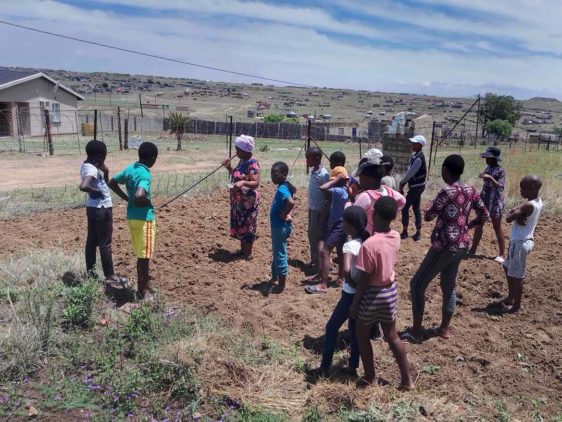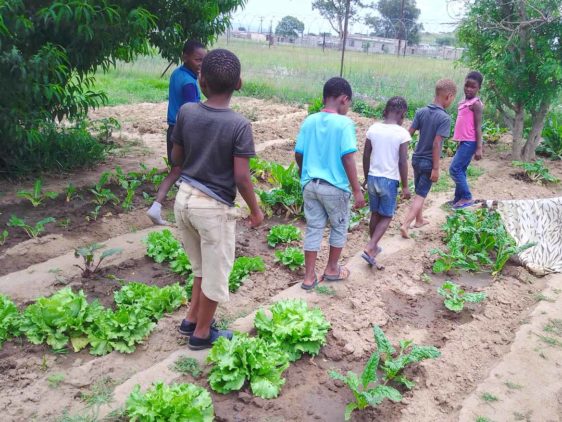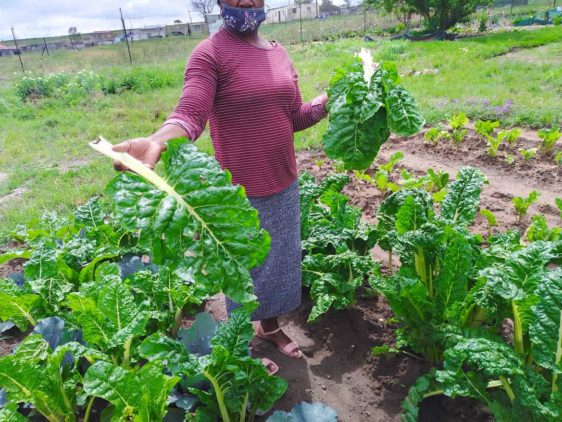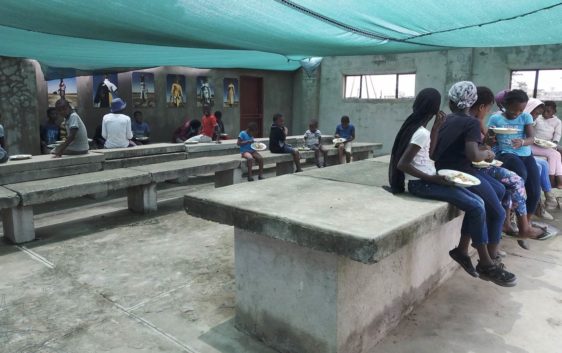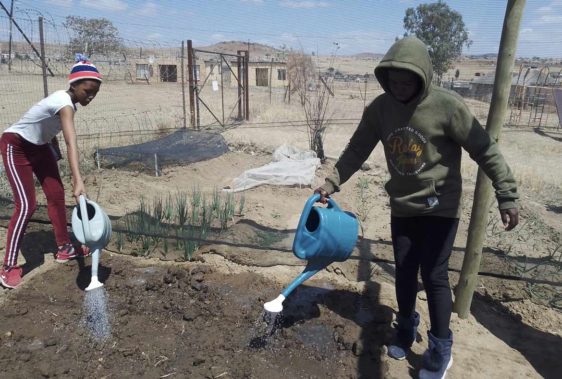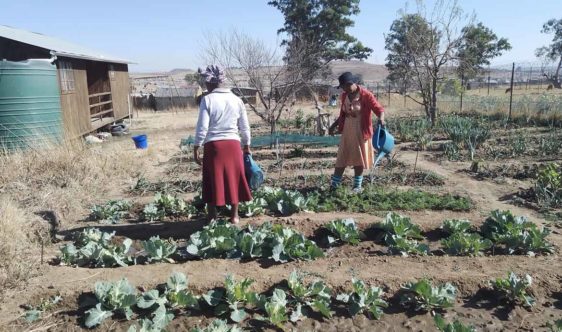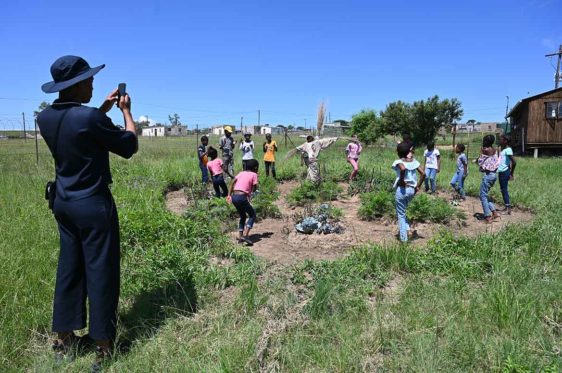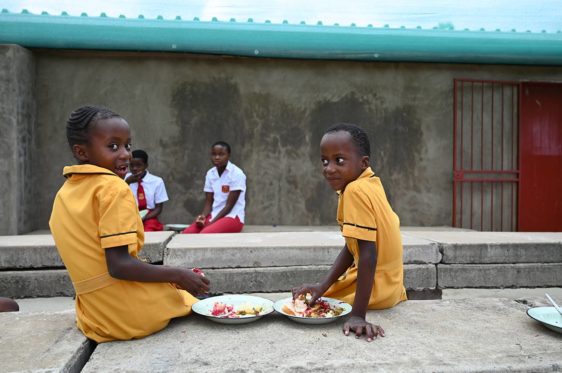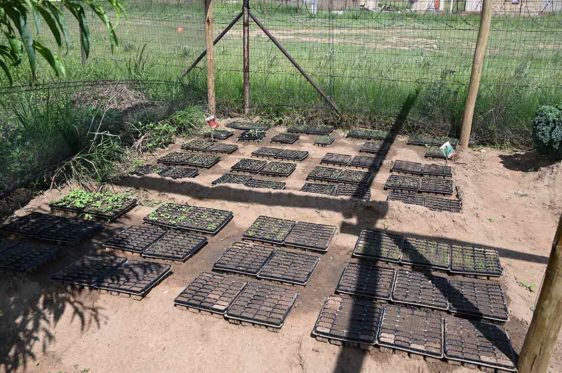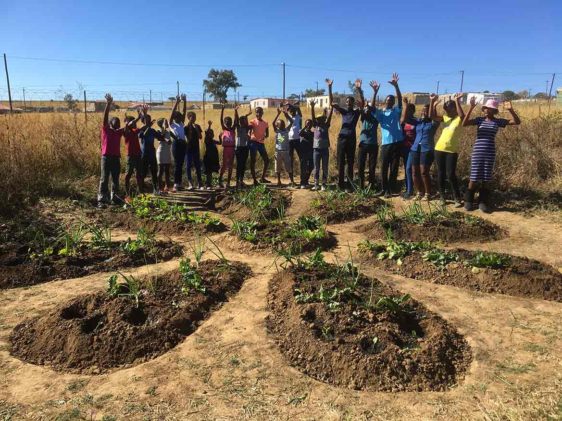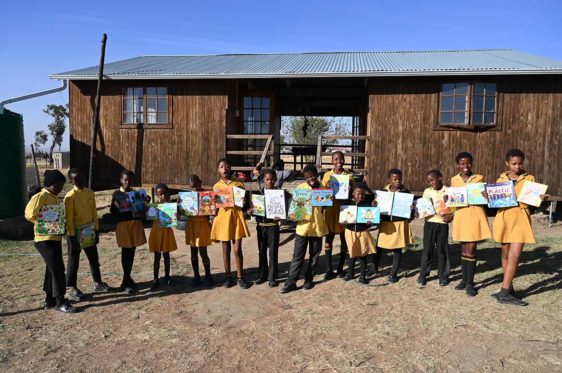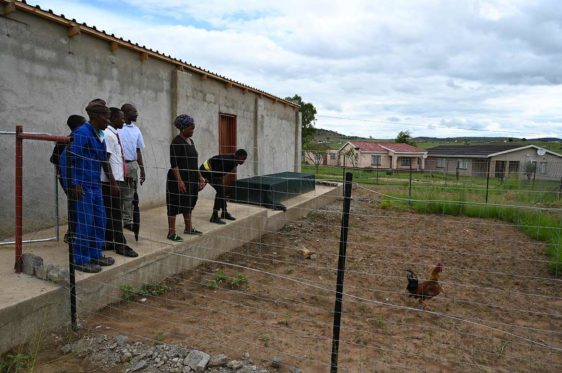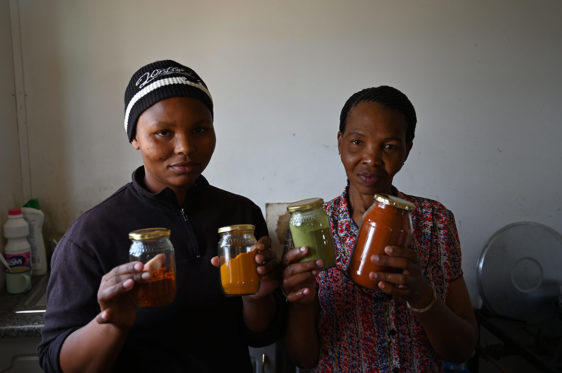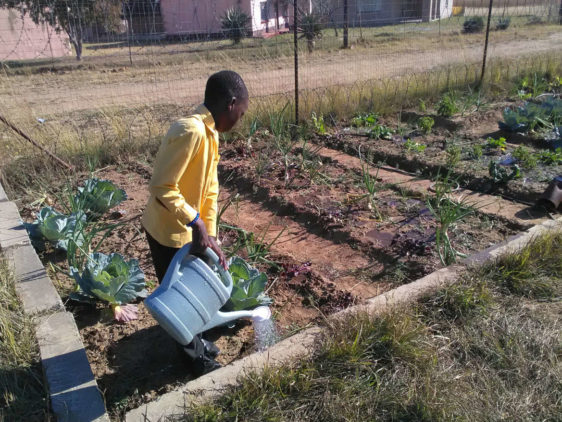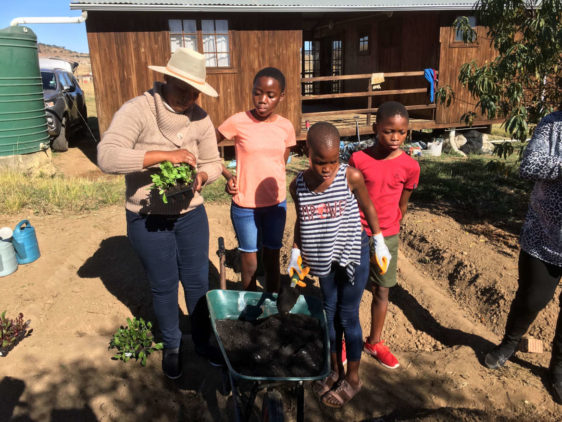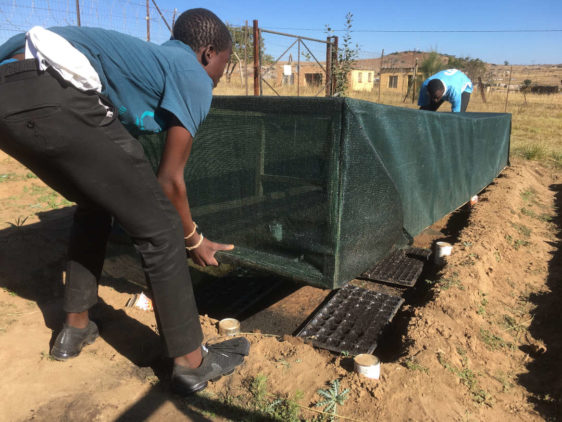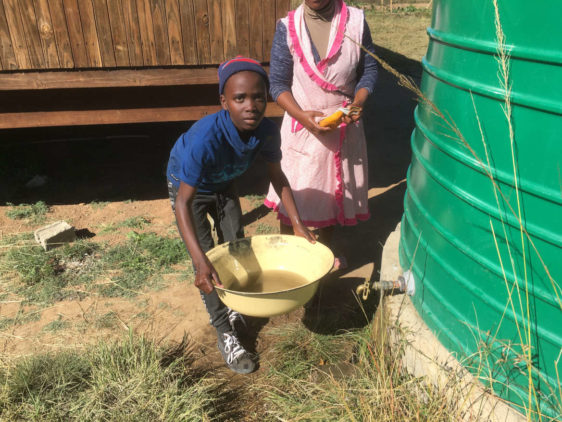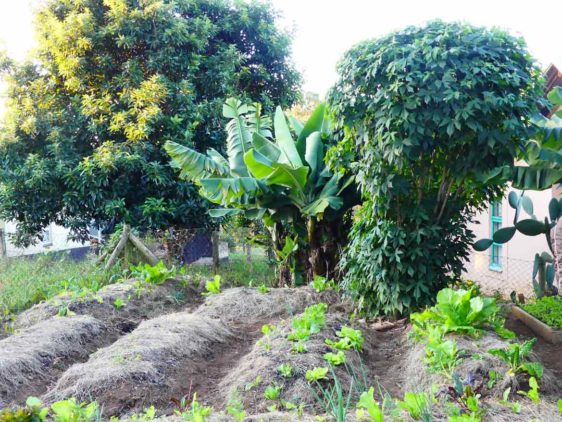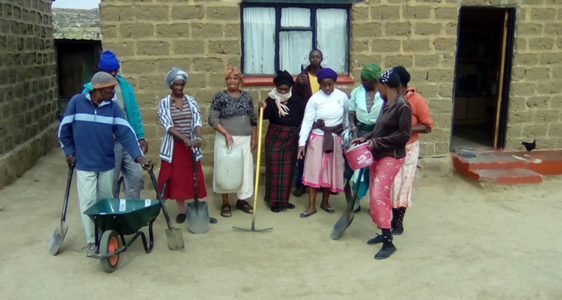Since 2011, Designing Hope has been developing educational gardens in Southern Africa to raise awareness among children and their families about farming practices, agro-ecology and permaculture.
The association encourages the creation of family vegetable gardens using permaculture, a practice that is developing in South Africa.
This approach offers a solution for guaranteeing access to balanced even for the most disadvantaged people living in townships where the where space for cultivation is limited.
The initiative began with the promotion of ‘Door gardens’, small, door-sized gardens, to encourage families to grow food without using without the use of chemical inputs. The emphasis was then on setting up composts to recycle green waste and enrich the soil.
Finally, the ‘One House One Garden’ programme has enabled the most disadvantaged families to start their own vegetable garden.
The garden of Silethithemba, Roosboom, South Africa
Created in 2007 by the association Designing Hope, this day-care centre for orphans and disadvantaged children is located in the township of Roosboom, on the outskirts of Ladysmith, in Kwazulu Natal, South Africa.
The children are looked after after after school, receive a hot meal every day, and are offered early-learning activities as well as educational support and awareness-raising on a range of issues.
The Ivory Foundation and Designing Hope have included the Half Way House in their programme to develop educational gardens to teach children and their families about agro-ecology and permaculture.


